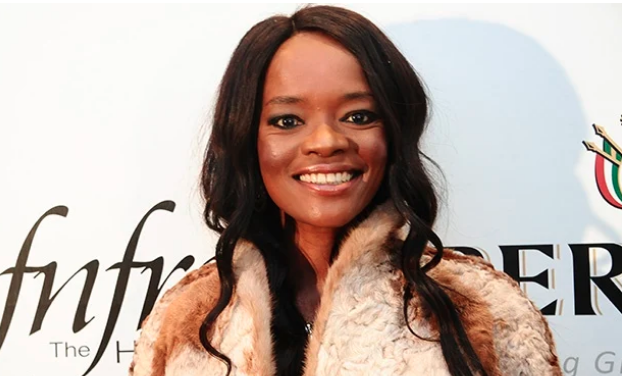Has time arisen for those of us still here, God knows for how long, to seriously ponder the question of our morbid age: How should we mourn the dead? Not that we are not “the dead” as well, considering death has now fully assumed a life metaphor all its own. Is the art of obituary still sufficient a gesture in these die-stopian climes? It struck me not as a cynical thought that, soon enough, we’ll arrive at a moment in our collective existence when news of a famous person’s passing will be greeted with “Oh really, who is not dead yet?” And yet with all the prayers, fortitude, active resistance, deep empathy for each other and a spirit of community and individual stealth, foolish optimism, we must resist death. As we go on about such an act of resistance, mainly by taking care of each other and not only theorising about “self-care”, we need to actively resist the crass idolatry of the dead. Perhaps we must leave the dead alone to “die” in peace.
Who you calling a punk?
Not long after the announcement of South Africa’s erstwhile media superstar Kuli Roberts’s passing hit the hot digital ether, some folks took to referring to her as a “diva”. Kuli was punk — period. Kuli was RuPaul punk, Paula Yates punk and, ultimately, the human totemic spirit she channelled over everyone was MaBrrr.
Kuli was Brenda Fassie punk, Brenda Fassie chic and Brenda Fassie fierce. She was the singer’s true alter-negro, or, as she would have admonished me, “‘alter-Negress’, bhut wam’ su bhanxeka.”
And yet, because she was such a hard-working baller, she could have also sprung from both Truman Capote’s Black & White Masked Ball circa 1966, as much as from the author’s novel Breakfast at Tiffany’s.
Everyone has their own Kuli fable. However, one story that’s not told enough is of her capacious love, over and above filial and romantic intimacy. Kuli loved and loved deep. She loved Black folks, the poor, underdogs of all kinds, her daughter Thembela (India), and son, Leaun (Themba).
In a prophetic interview with potty-mouthed pod-king MacG — a sitting still shocking for its unalloyed rawness — Kuli tells a story about how she came to use Uber and other modes of public transport. “When I lost my television job as a presenter I had to make a choice between a woman losing her job and letting go of a car. I made the choice to let go of the car.”
Upon the interviewer’s query about the make of her car, she dropped a blob of acid in boiling fat: “A Porsche!” You could hear the pin hitting the floor in the usually frenzied studio. Kuli’s domestic worker, who has been with her family for 15 years, suddenly faced job loss as a result of her boss losing hers. In her telling, that was a no-brainer. Hot wheels guss to go. The take-away from this? Do unto others what might have been denied to you.
By the time she passed on, Kuli Roberts was trying her hand at civic politics, an issue she has been passionate about, it seems, all her life. And yet who Kuli was behind the permanent Naomi Campbell wig, rouge lips, and a veritable sample of Miles Davis goggles, remains elusive.

